Licensing out
Exploit your patent and earn royalties
As the owner of a patent, you can choose to have your invention exploited by a third party through a license agreement.
The license agreement authorizes a licensee to use
your invention in return for a royalty.
What is a license agreement?
Why create a license agreement?
A license agreement is an essential tool for exploiting a patent or trademark. It provides a precise definition
of the conditions under which the license is granted.
A well-written license agreement takes the following elements into account:
Purpose of the license: Clearly define what the license covers, whether it’s a patent, trademark, software or design….
Exclusive or non-exclusive: Decide whether the license is exclusive (one licensee only) or non-exclusive (several licensees possible).
Royalties: Determine the amount of royalties (flat-rate or proportional) and payment terms.
Geographical limits: Specify the territories in which the license is effective (all countries where the title exists, or only some).
Facilitates strategic decision-making by providing a clear and comprehensive view of your IP assets.
Transfer of know-how: If the license concerns a patent, it may require the disclosure of unprotected know-how. A confidentiality clause is therefore recommended to protect this know-how.
Advantages of a license agreement
Monetizing the invention
Protection of rights
You retain ownership of your patent. The contract strictly regulates the conditions of exploitation, protecting your rights to the invention.
Flexibility
Our offer for a license agreement
Tailor-made: We draw up a license agreement to meet your specific needs.
Know-how protection : Inclusion of confidentiality clauses and time stamping to protect your know-how.
Legal framework: Our experts ensure that all legal requirements are met to avoid disputes.
